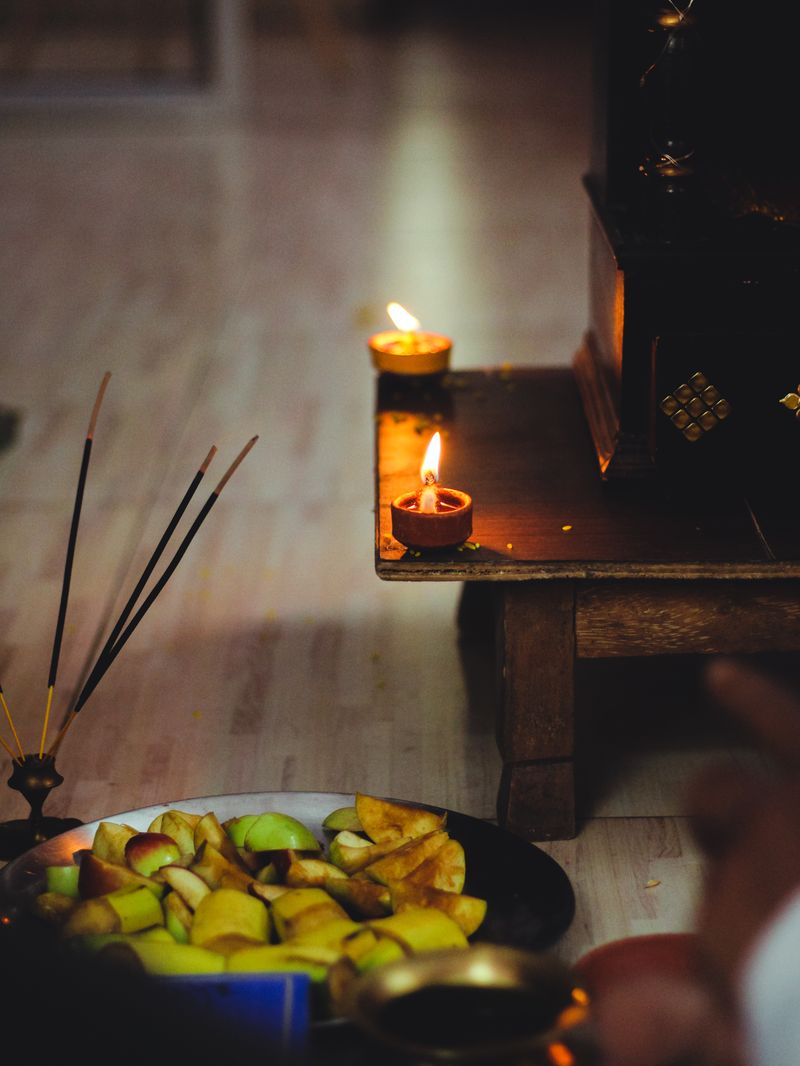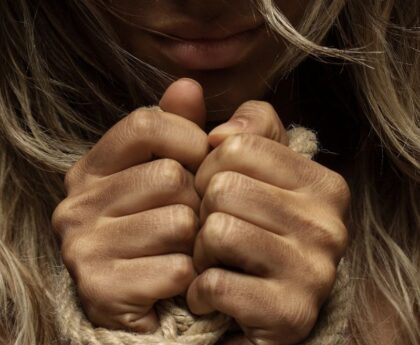Raksha Bandhan 2023: How is the Hindu Tradition Celebrated?
The Significance of Raksha Bandhan
Raksha Bandhan, also known as Rakhi, is one of the oldest and most cherished festivals in the Hindu calendar. Celebrated by millions around the world, this festival holds great importance in strengthening the bond between brothers and sisters. The word “Raksha Bandhan” translates from Sanskrit to mean “the bond of protection, obligation, and care.” It is a day where families come together to honor and celebrate the special relationship between siblings.
The Legend of Lord Krishna and Draupadi
The origins of Raksha Bandhan can be traced back to the Hindu epic of Mahabharata, which recounts the tale of Lord Krishna and Draupadi. Lord Krishna and Draupadi were not biological siblings, but their bond became an example of friendship between males and females. In an ancient story, Lord Krishna cut his finger on a sacred discus, and Draupadi bandaged his wound with the end of her saree. In return for her kindness, Lord Krishna promised Draupadi eternal protection, a promise he upheld throughout their lives.
The Rituals and Traditions
Raksha Bandhan is traditionally celebrated in the Hindu month of Shravana, which usually falls in July or August. The festival always coincides with the full moon and is observed over a two-day period. On the day of Raksha Bandhan, sisters tie sacred threads, known as rakhis, around their brothers’ wrists. This act symbolizes the sister’s love and affection for her brother and serves as a reminder of the brother’s promise to protect and care for his sister.
The festival begins with a prayer ceremony, where sisters tie the rakhi and make a mark on their brother’s forehead with henna powder, known as tikka. It is also customary to observe fasting on this day, although it is not obligatory. The fast is considered a blessing for the sibling, wishing them a long and healthy life.
Inclusivity and Modern Practices
In recent times, Raksha Bandhan has expanded beyond the traditional celebration between brothers and sisters. The festival has embraced broader themes of loyalty and affection between family members and even friends. This inclusivity is reflected in the evolving Rakhi designs, with various options now available to suit different tastes and preferences.
For instance, the Eco Rakhi, created by “sustainability sisters” Jaanvi and Paavani, is made of hemp-fiber twine and Rudhraksh seed. Each package includes a wildflower seed paper note that can be planted, with proceeds shared between WWF and other charities. Other options include gold-plated evil eye bracelets and knitted cotton sunflower bracelets.
Getting Involved with Raksha Bandhan
Raksha Bandhan is primarily celebrated within families as a show of respect and love between siblings. Public events for Raksha Bandhan are infrequent, as it is a deeply personal and familial celebration. However, individuals can participate in the festival by understanding its significance and traditions, and by sending well wishes to their loved ones.
Typical Raksha Bandhan blessings convey messages of happiness, protection, and love. These blessings often include expressions of sibling affection and wishes for future success and well-being. Raksha Bandhan serves as a reminder to cherish the bonds of love and strengthen familial ties.
In conclusion, Raksha Bandhan is a significant festival in Hindu culture that celebrates the bond between brothers and sisters. It holds deep historical and mythological roots, with the story of Lord Krishna and Draupadi serving as a powerful example of friendship and protection. As the festival evolves, it embraces inclusivity and modern practices, allowing individuals to celebrate the bond of love and affection with their loved ones. Raksha Bandhan serves as a reminder of the importance of family and the commitment to protect and care for one another.

<< photo by Sanket Mishra >>
The image is for illustrative purposes only and does not depict the actual situation.




